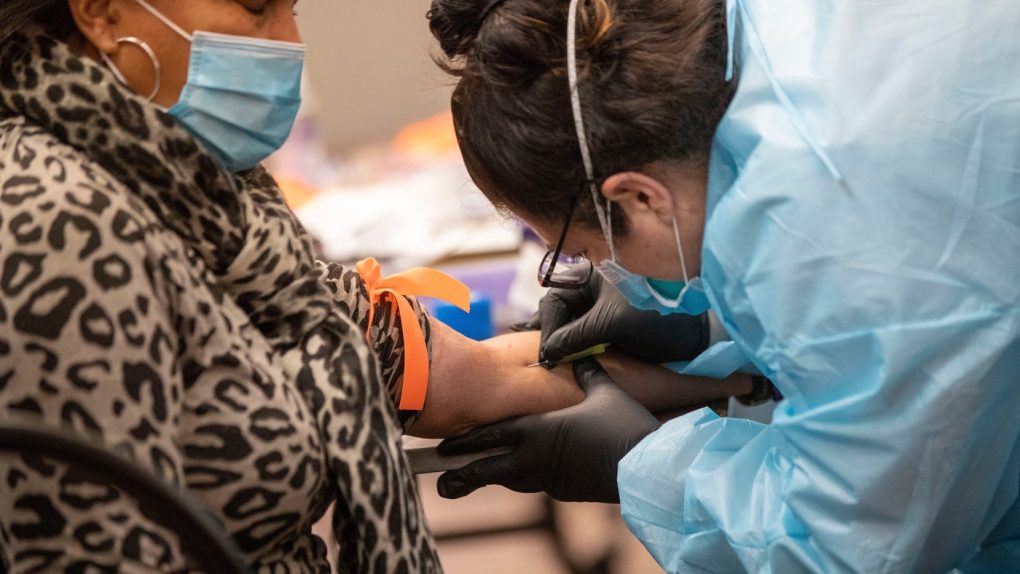- To date, more than 1.4 million people in the US have become infected by the COVID-19 coronavirus.
- As the pandemic drags on, that number is only going to grow — especially with states and cities around the country gradually starting to reopen.
- As part of that reopening, it will become more important than ever for anyone who feels they might have coronavirus symptoms to isolate themselves appropriately.
- Visit BGR’s homepage for more stories.
Going forward, as parts of the US gradually start to reopen and states and cities slowly allow everything from restaurants to small stores to come back online, identification and isolation of coronavirus cases will become even more important. It’s the only way society will feel comfortable again about co-existing with the deadly coronavirus, for which we’re still months and months away from the announcement of a vaccine (and still some number of months away from therapeutics that can treat the virus). Not only that, but even at this stage of the pandemic, we’re still learning about signs of the virus and what symptoms to watch out for.
Opening up locales again means people are potentially putting themselves in a greater position of being exposed to the COVID-19 virus. But what does that “exposure” actually mean? “Exposure to COVID-19 means you were within six feet — for over 10 minutes, without protective equipment — of a person who had known COVID-19 disease or developed symptoms of it within the next two days,” Dr. David Cutler, a family medicine physician at Providence Saint John’s Health Center in Santa Monica, Calif., told PopSugar. “The consequences of exposure are that you should quarantine and self-monitor.”
That “quarantine” part is something more people are going to need to think seriously about and make sure they understand. What it means is this: Isolating yourself at home — even from people within the home! — until you’re certain you’re not going to get sick from your previous exposure to the virus.
When you look at the latest numbers of coronavirus cases around the country, this is what more than 1.4 million people in the US have had to do. Whether that isolation takes place at home or, unfortunately for many, in a hospital.
“Quarantine means you stay home,” Dr. Cutler told the online outlet, stressing that needs to take place for 14 days (the incubation period of the virus) while you watch for signs of infection during that time. “There are no visitors and you maintain separation from others in your home. Take your temperature twice daily and observe for symptoms of cough or shortness of breath.”
Also important to know: There’s also a period of isolation on the back end of the virus that needs to be practiced, as well. According to Dr. Spencer Blackman, a primary care physician at One Medical, says that if you’re recovering from the virus then you need to have no contact with any other person until seven days have passed from when you first started feeling sick — and 72 hours after your last fever. Your cough and shortness of breath also need to be gone, as well.
This is one of the many reasons why the coronavirus pandemic has made our world feel a lot lonelier right now. But it should go without saying that following these practices is much, much better than the alternative.








